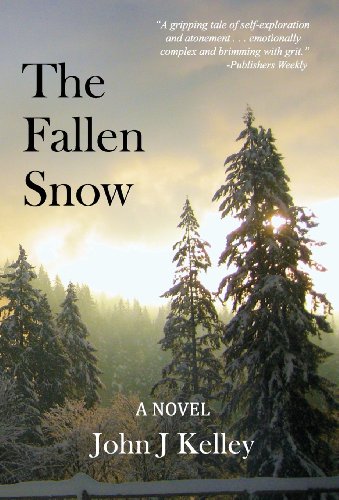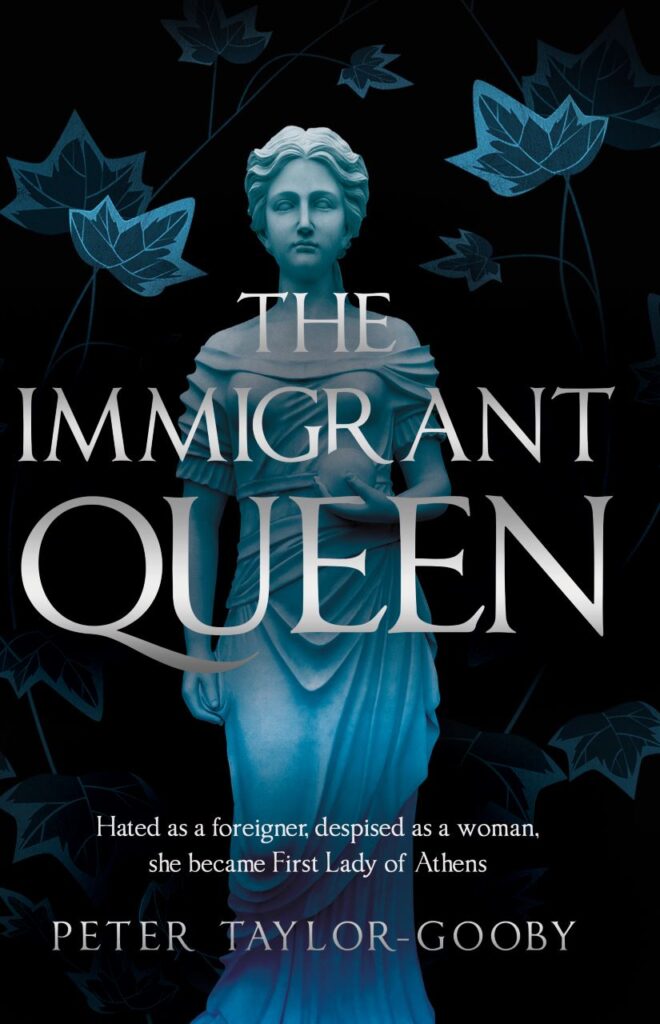The Fallen Snow
When Joshua Hunter returns from the Great War to Appalachian Virginia in 1918, he’s surly to all his loved ones, including the fiancée he’d stopped writing to. He’s a limping, hurting “hero” who hates the label. Is it post-traumatic stress disorder? As the book’s chapters alternate between 1918 Virginia and flashbacks to the war in France, it becomes clear that Joshua fell in love with another soldier there, and is agonizing how to integrate the new person he now knows himself to be with his family’s and friends’ expectations that he’ll be the same old Joshua.
Joshua’s mother’s story is also unwinding, her marriage to a churlish man, her pride over her two sons, and what to do about her husband’s impending death from cancer.
I didn’t enjoy this story for the first hundred or so pages. I was too annoyed with Joshua’s surliness and simultaneously feeling guilty about it. We all know veterans with PTSD deserve sympathy, not annoyance. Then the story captivated me after all, in particular the scenes with Joshua and his lover, Aiden, in Paris, and scenes with Joshua and his brother, Scott, in the Virginia hills. (Aiden and Scott nearly steal the show with this story, leaping off the page as sympathetic, fully formed characters.)
There is a narrative reason, beyond PTSD or testosterone-driven angst disguised as unpleasantness, for Joshua’s behavior. How many of us can genially manage to pretend to be something we’re not? This novel offers up that lesson perhaps better than anything I’ve ever read. I finished it with its characters and that understanding resonating, admiring how the author told a story around that simple yet complex truth.










